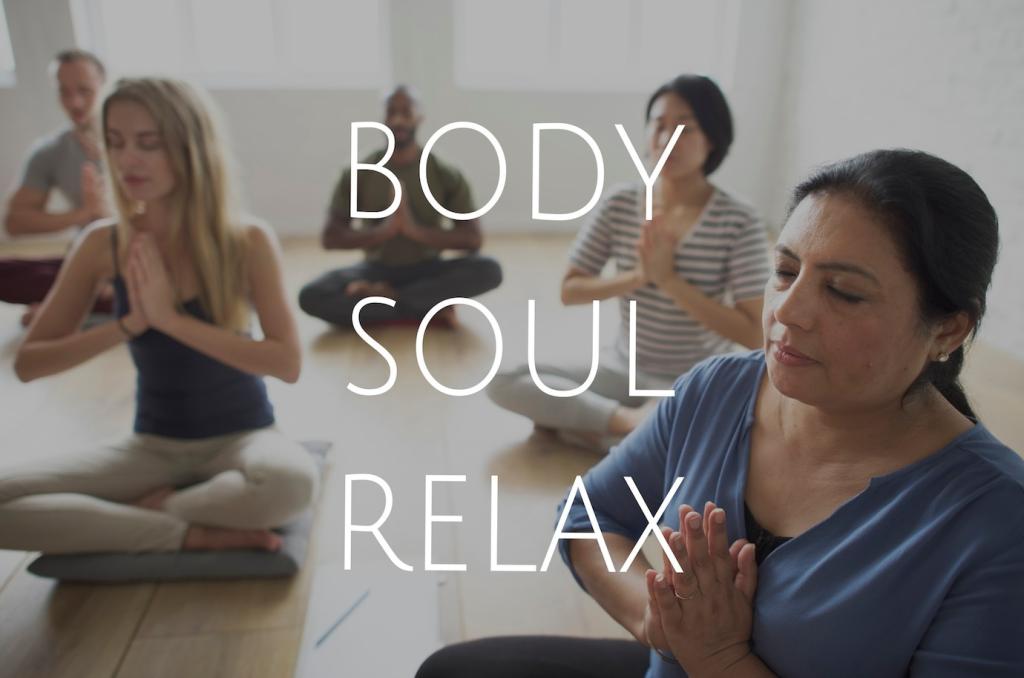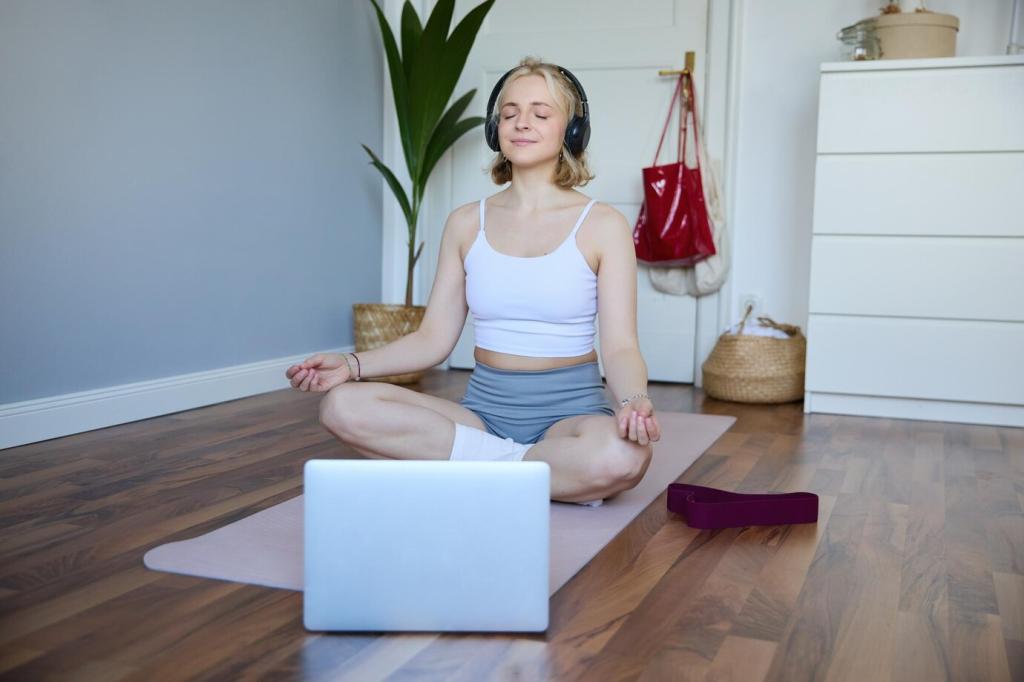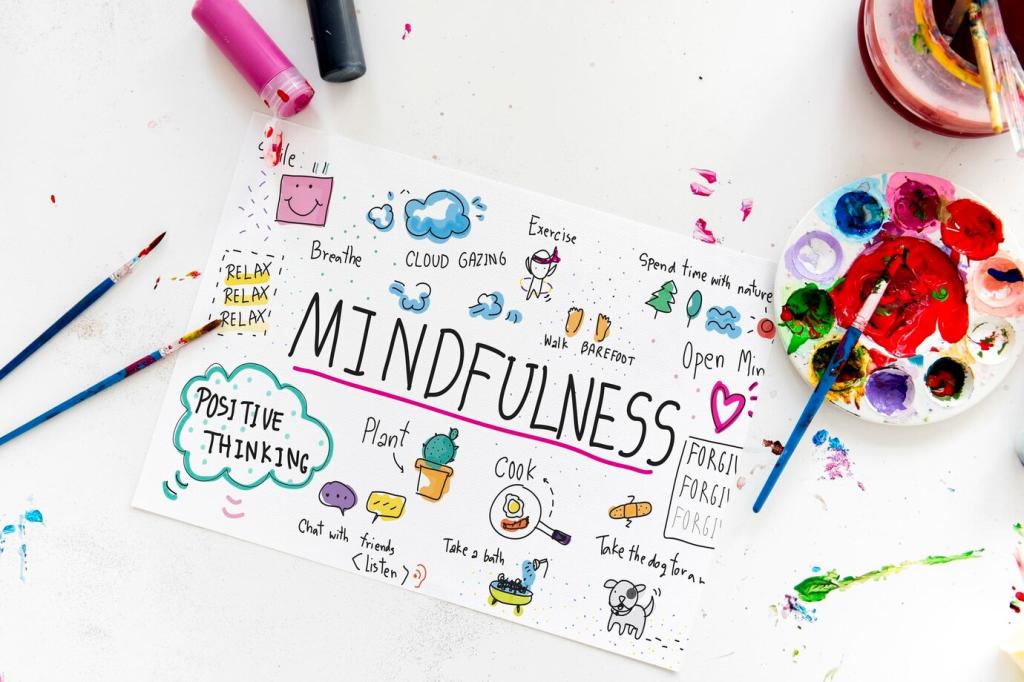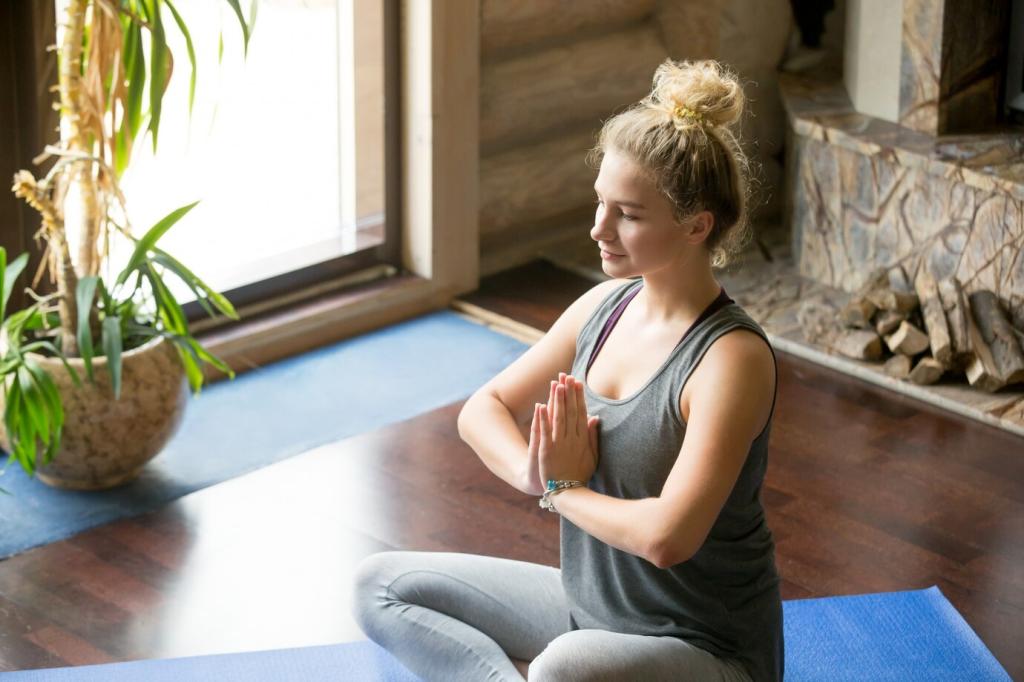Handling Racing Thoughts
When a thought arrives, whisper a simple label like “planning,” “remembering,” or “worry.” Labeling reduces stickiness. Then gently return to your anchor. Repeat kindly. Over time, thoughts pass through like weather instead of storms.
Handling Racing Thoughts
Keep a small notebook beside you. If a vital task pops up, jot a quick word and return to the breath. This reassures your mind nothing important will be lost, reducing frantic rehearsal loops during practice.







